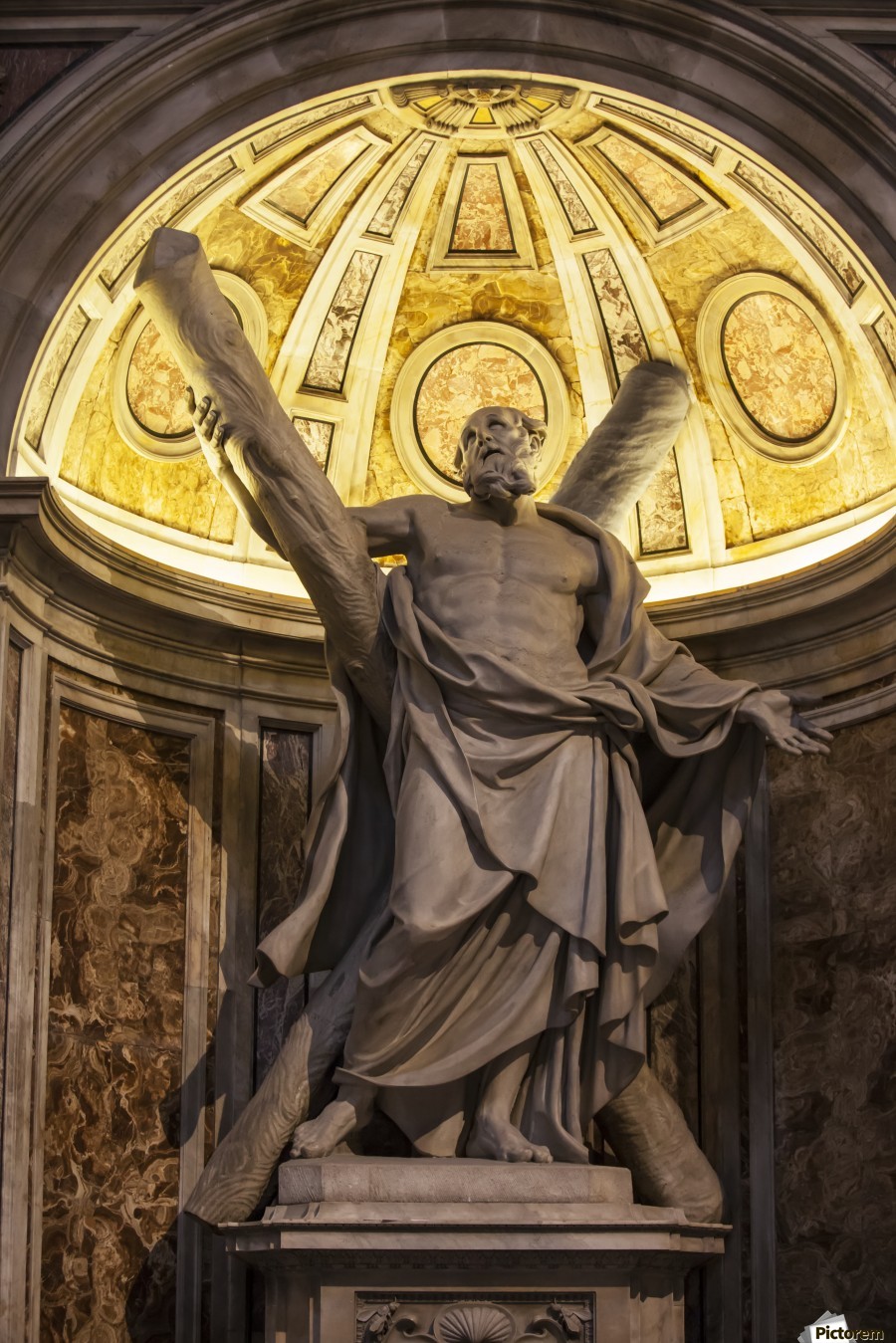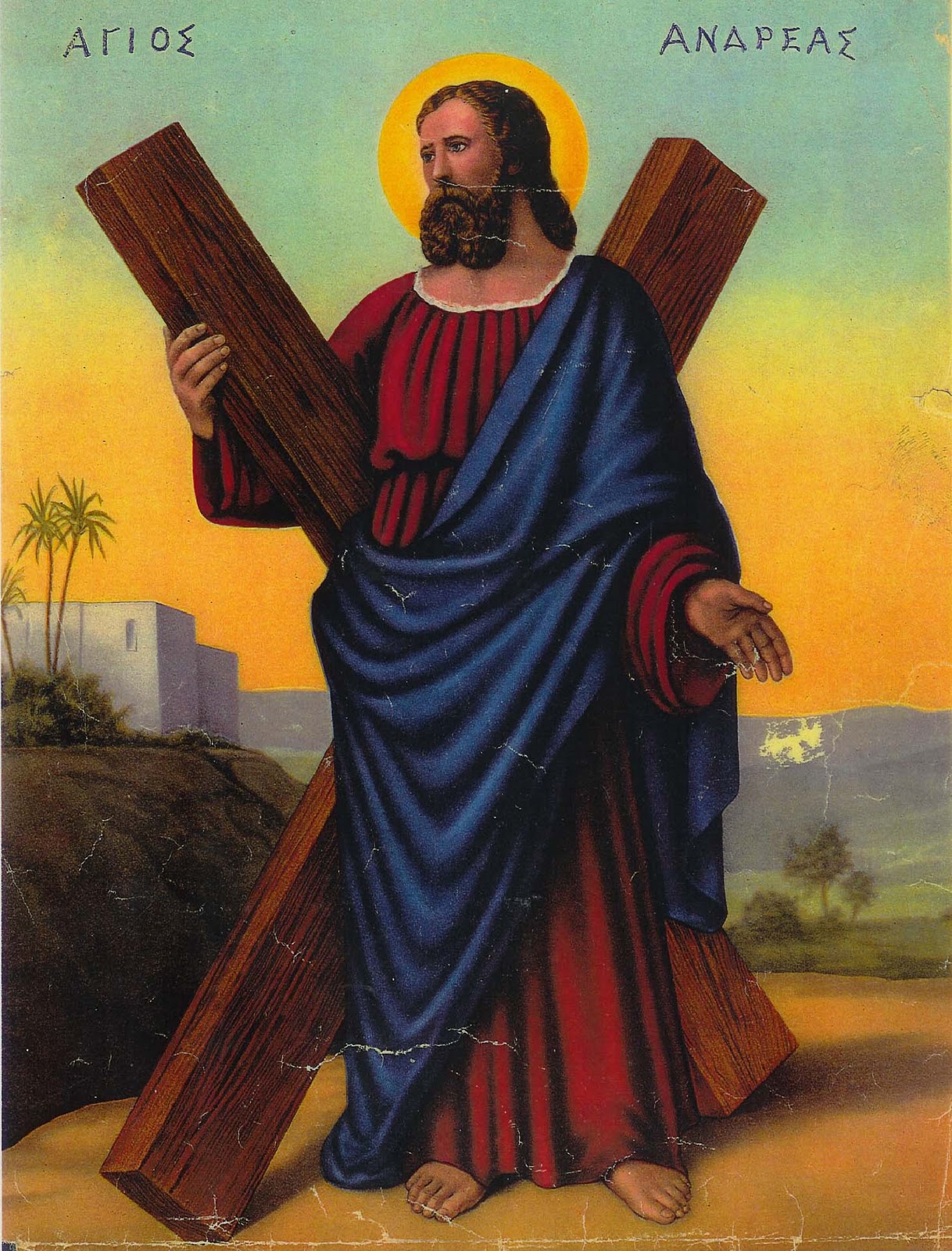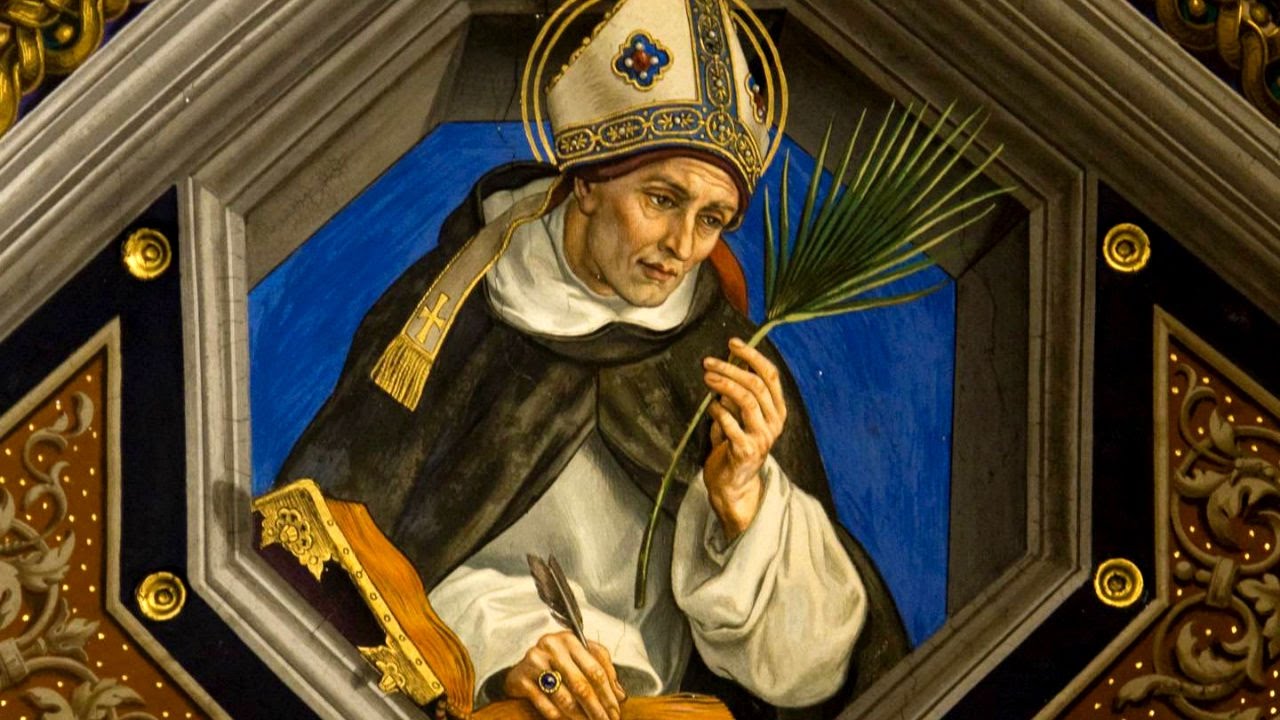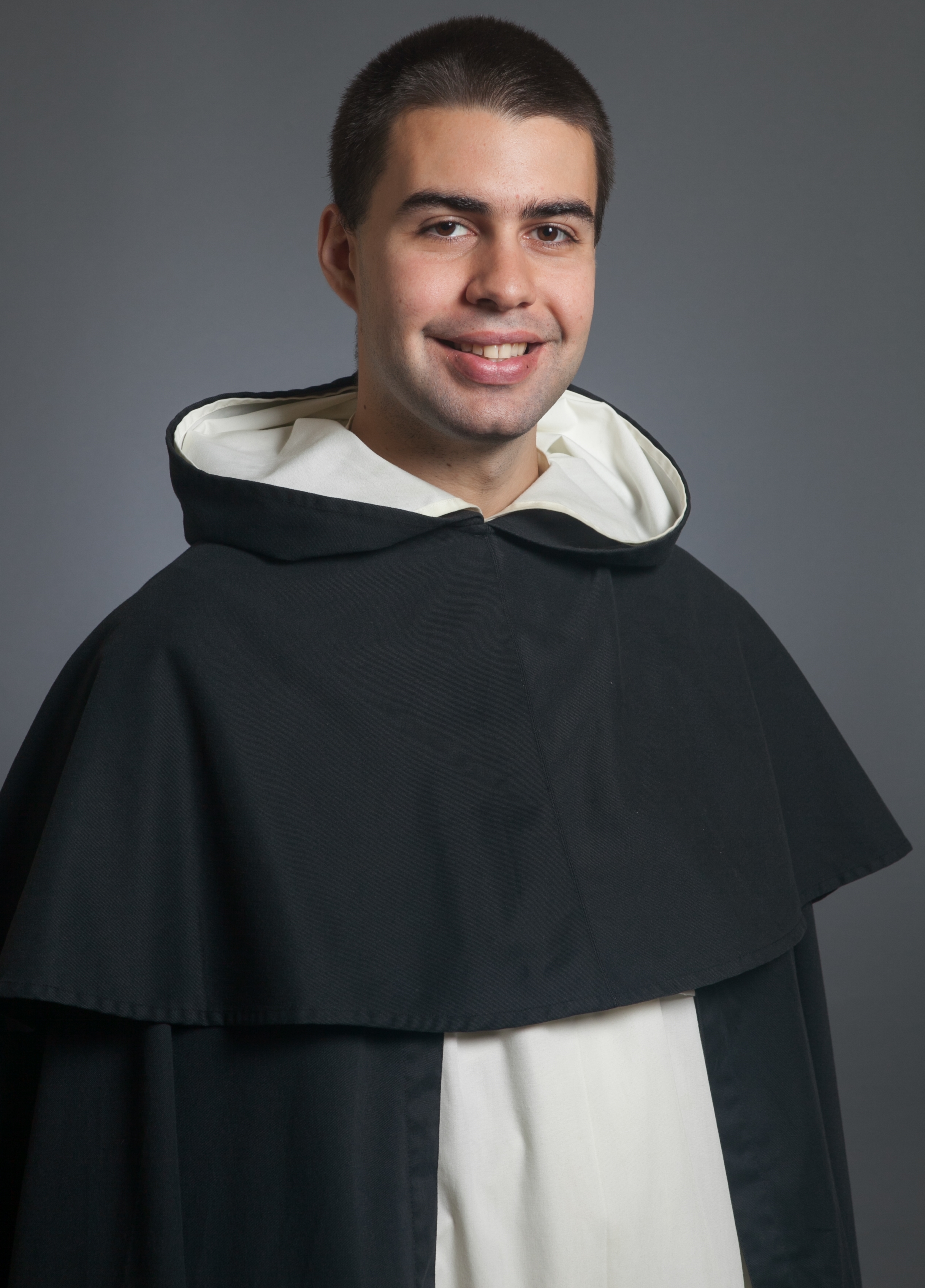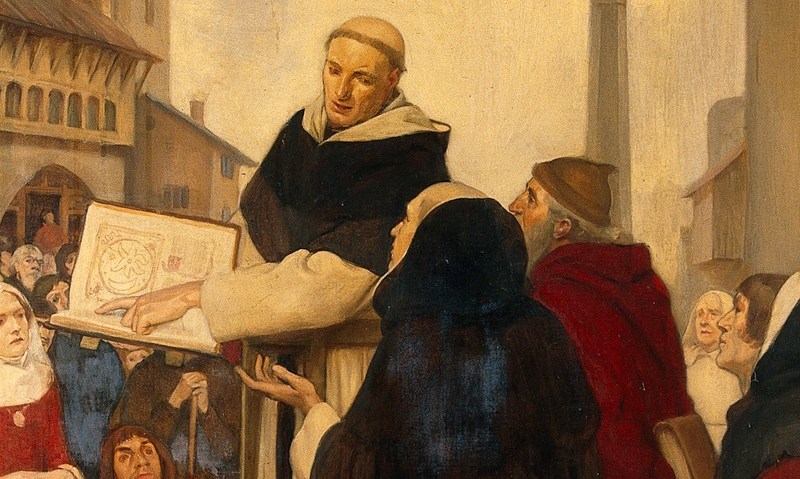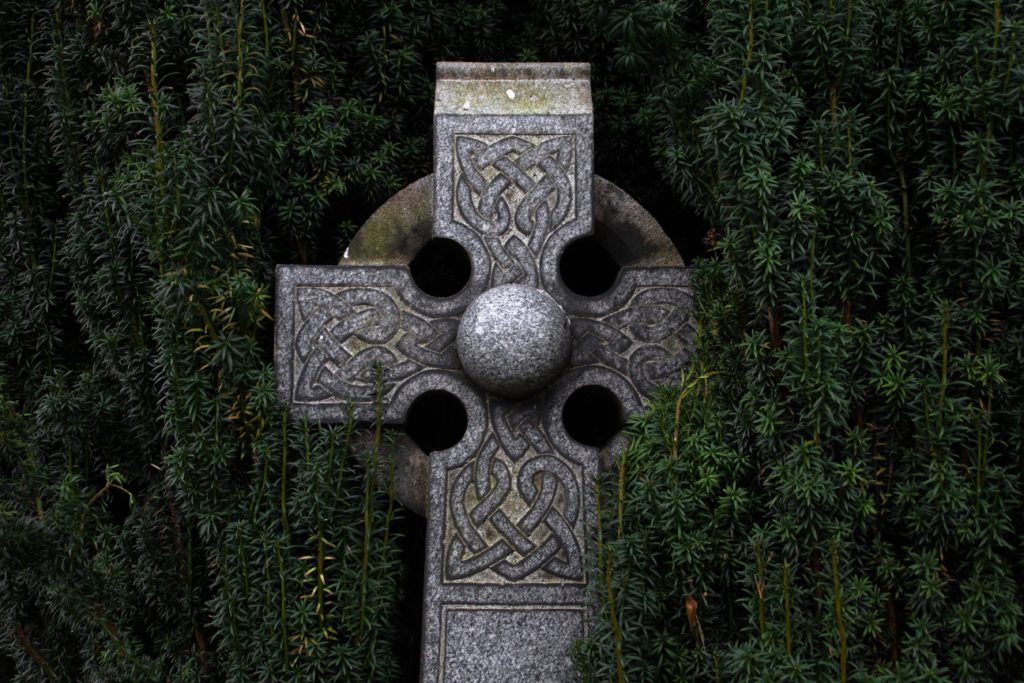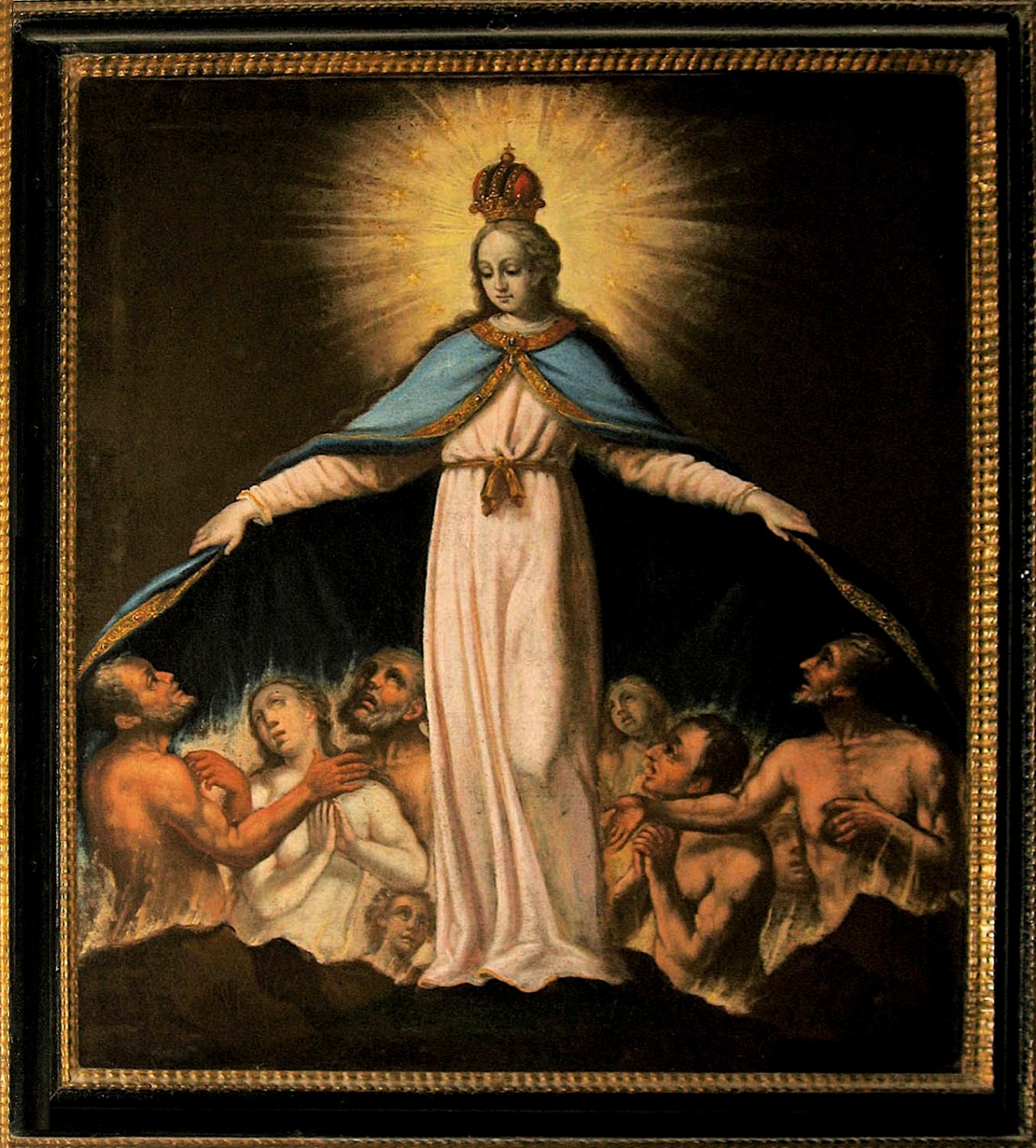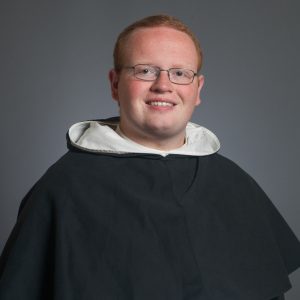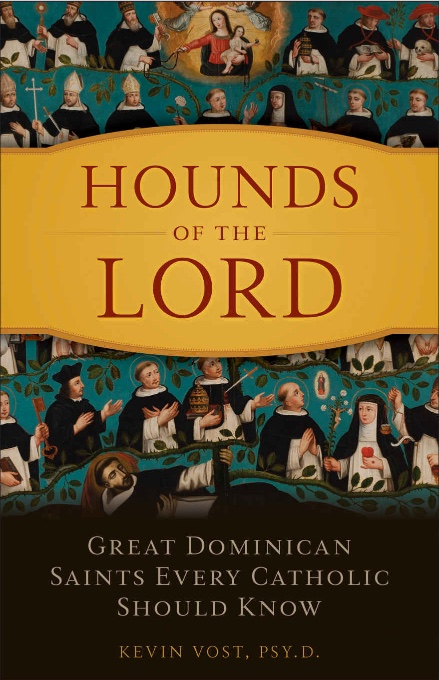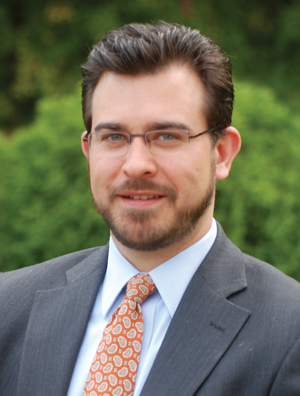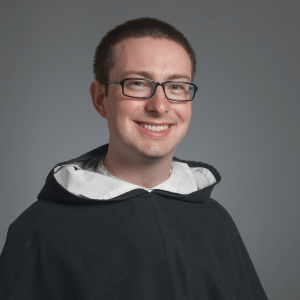
-for more detail, please click on the image
“How shining and splendid are Your gifts,
O Lord which You give us for our eternal well-being
Your glory shines radiantly in Your saints,
O God, in the honor and noble victory of the martyrs.
The white-robed company follow You, bright with their abundant faith;
They scorned the wicked words of those with this world’s power.
For You they sustained fierce beatings, chains, and torments, they were drained by cruel punishments.
They bore their holy witness to You Who were grounded deep within their hearts; they were sustained by patience and constancy.
Endowed with Your everlasting grace, may we rejoice forever with the martyrs in our bright fatherland.
O Christ, in Your goodness, grant to us the gracious heavenly realms of eternal life.”
-10th century
Not only do those in heaven pray with us, they also pray for us. In the book of Revelation, we read: “[An] angel came and stood at the altar [in heaven] with a golden censer; and he was given much incense to mingle with the prayers of all the saints upon the golden altar before the throne; and the smoke of the incense rose with the prayers of the saints from the hand of the angel before God” (Rev. 8:3-4).
And those in heaven who offer to God our prayers aren’t just angels, but humans as well. John sees that “the twenty-four elders [the leaders of the people of God in heaven] fell down before the Lamb, each holding a harp, and with golden bowls full of incense, which are the prayers of the saints” (Rev. 5:8). The simple fact is, as this passage shows: The saints in heaven offer to God the prayers of the saints on earth.

-by Br Vincent Mary Bernhard, OP
“Reality is not always something we can choose for ourselves, and oftentimes we neither understand nor acknowledge it. So what is reality, properly speaking? Reality speaks to the truth of an objective state of affairs in which we exist, forming our perceptions about ourselves and those around us. In light of this “objective state of affairs,” we often speak of people needing to “wake up to reality” and to live in a way that is “realistic”—and the Church invites us to do the same. She does just this through the feast days and solemnities of the liturgical year. By reflecting on the events of Christ’s life and the witness of the saints, we are shaken from our mental slumber and spiritual routine to ponder anew the reality that is the Christian life.
Today is the day that the Church awakens us from our spiritual lethargy, so that we may recognize the reality of sainthood. Far from being a “catchall” for the unknown saints in heaven, this solemnity is a final and dramatic reminder that the Church gives us as the liturgical year draws to a close. There is a multitude of saints in heaven, and we are called to join them before the face of God.
The Church upholds the example of the saints, not only showing how they attained heaven but that they attained heaven; the glory of resting in the heart of the Father is not only possible but within reach. Further, these saints are still united with us in the Mystical Body of Christ, and the same divine life sustaining them in glory is perfecting us here and now. “Exactly as Christian communion among our fellow pilgrims brings us closer to Christ,” we read in Lumen Gentium, “so our communion with the saints joins us to Christ, from Whom as from its fountain and head issues all grace, and the life of the People of God itself” (LG 50). We are called to the same glory as the saints in heaven and are united with them right now as their brothers and sisters.
As Jesus Christ intercedes on behalf of the human race in heaven, so also do those who participate in His glory share in His intercessory prayer before the Father. The saints remain before the face of the Father as those transformed into the likeness of the Son, and because they exist in this reality, they pray on our behalf for our salvation. Their prayers are efficacious inasmuch as their wills are perfectly united to the divine will, and their power is evident inasmuch as they are united to us through Christ. We are, therefore, existing within a reality that transcends space and time, intimately connected with the saints in heaven through our life in Christ.
We are reminded today of this reality: our call to sainthood and the intimate relationship we share with those who have entered eternal glory before us. Let us call upon the aid of the saints in heaven as we are renewed in our vigor and zeal, that we may take heaven by storm. May the saints, through their witness and prayers, help us surrender to the reality of the Father’s love for us, the Son’s call to us, and the Holy Spirit’s saving work within us, so that we may be more perfectly conformed to Christ’s image and come to participate in his glory with the saints in heaven.”
Love,
Matthew

